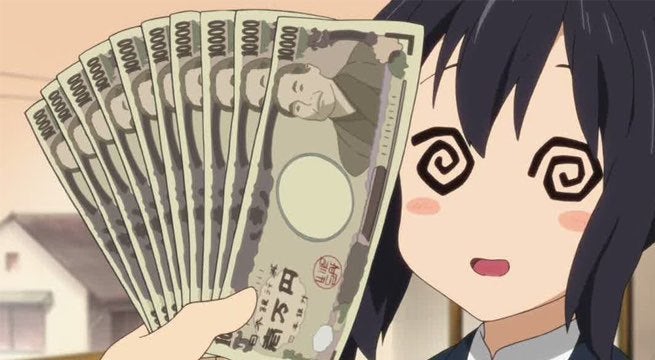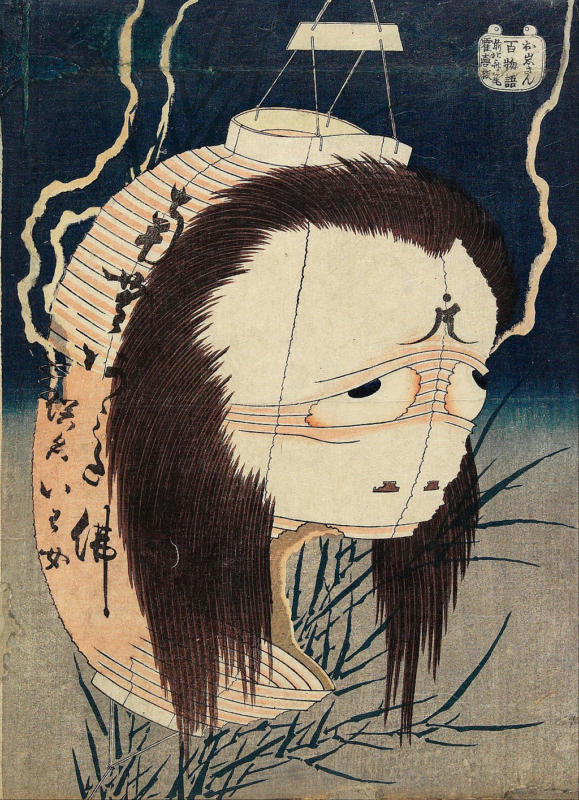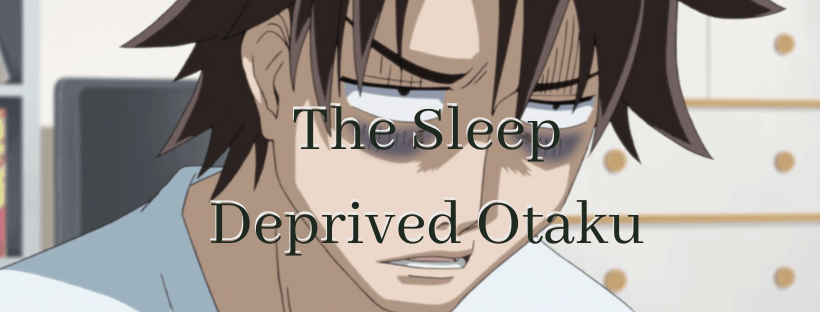
Sleep deprivation affects everyone at some point. I often find myself staying up far past what I should as I watch an engaging anime. Even a single night of messed up sleep has mental and physical consequences, especially as we age. Twenty-somethings to 30-somethings have the best ability to bounce back after poor sleep. Teens and people over 40 have the least ability to recover (Pevzner, 2019).
Sleep needs vary by age. Most of us know adults need 7 -8 hours, but on average, age groups need (Pevzner, 2019; Hale, 2018):
- 2 year olds: 14 hours
- 9 year olds: 12 hours
- Teens: 8-10 hours
Biological sleep rhythms also vary by age. People fall into three groups: owls, larks, and hummingbirds. Owls function best at night and late evening. Larks function best in the morning, and hummingbirds function somewhere between. About 50% of people are true owls or larks (Pevzner, 2019). Adult owls and larks can shift their sleep schedule to a certain degree. It’s unlikely an owl will become a lark or a lark become an owl (I’m an owl and tried to become a lark. After about a month, my owl nature asserted itself with a vengeance). In order to shift your sleep, you have to control your exposure to light and darkness and keep to the schedule. That means no late nights or sleeping in on weekends or any other shift. Our society generally favors larks.
Teens and Sleep Deprivation
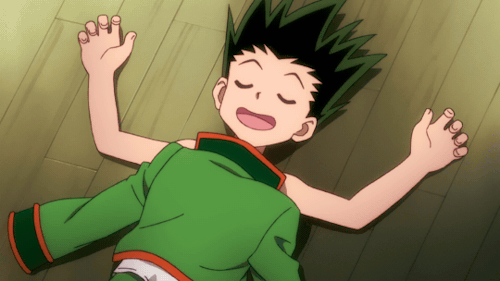
While adults can shift their patterns a little, their underlying biology remains the same. Our biology mostly determines our preferred functioning. Teen biology prevents them from shifting their sleep pattern at all. Puberty changes how teens sleep. Teens typically don’t get sleepy before 11pm. Let me repeat this or parents: teens biologically need to stay up later and sleep in later (Hale, 2019). Early school times and schedules short circuit this need which can cause depression and other health problems as I will explain.
Many school systems have shifted toward later starting times and discovered it improves student performance, increases graduation rates, increases attendance, and decreases car crashes (Hale, 2019).
Sleep deprivation is mostly caused by structural influences–school, work, and other responsibilities–and not behavior. If you are a teen, usually it’s not your fault that you can’t sleep as you need to sleep. In a 2015 study, cited by Hale (2019), only 23% of girls and 29% of boys get the sleep they need.
What Sleep Deprivation Does to You
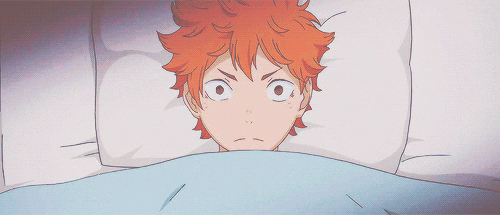
Sleep deprivation causes many emotional and health problems. The effects vary a bit between men and women. Women are more prone to the emotional problems associated with lack of sleep than men. Women also have higher rates of insomnia than men. Goldstein-Piekarski (2018) found this might be because women have less gray matter in their brains then men. Men’s larger brains seem to protect them from the emotional effects but not from the health problems.
Lack of sleep causes performance problems such as lack of focus. Often we aren’t aware of how bad these problems are. We think we are doing okay (Guarana, 2017; Pevzner, 2019). In fact, lack of sleep creates a bias we can’t see. People who don’t get the rest they need lose the ability to see positive emotions and events. Instead, they become hyper-aware of negative feelings and lose the ability to interpret the intention of others. They can see emotional and relationship problems that aren’t really there (Vargas, 2017). This creates feedback that fuels depression. In turn, depression creates anxiety that causes more sleep deprivation. And sleep deprivation fuels the cycle. The regions of the brain dedicated to understanding the intent of others do not function well without sleep, making you more prone to overreacting.
Likewise, people are unaware of how they are interacting with co-workers and harming their relationships because of this bias (Guarana, 2017). The headaches caused by sleep deprivation don’t help. Lack of sleep decreases our pain tolerance (Kristiansen, 2017).
As for health problems, sleep deprivation shows links to obesity, behavioral problems such as anger, and other anxiety-related health problems. Anxiety-related health problems include heart attacks, stroke, and various other problems. Large sleep debts mimic the effects of aging and makes existing health problems worse (Pevzner, 2019). Car crashes are quite commonly linked to lack of sleep too.
How to Get More Sleep
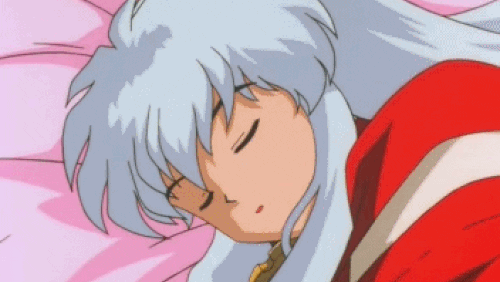
I feel like a hypocrite here because I don’t get near enough sleep. If you fall asleep as soon as your head hits the pillow–as I do–you are sleep deprived. It should take you 10-20 minutes to go to sleep (Pevzner, 2019).
Experts recommend you avoid all screens for at least an hour. I don’t find this practical. I’m more likely to go to sleep watching a show or anime than I am when I read. If I read a book, I’d be up all night. However, sleep rituals can help you wind down; the habit gets your brain ready to sleep.
If you wake in the middle of the night, get up but avoid screens. If you lay in bed awake, your mind will associate your bed with wakefulness instead of sleep. Do not play on your phone or watch television in bed (Pevzner, 2019). But again, this wouldn’t work so well for me. If I get into something I enjoy–such as writing or drawing or reading–I will be up all night. I tend to watch The Joy of Painting or some other calm, quiet show like the anime Laid Back Camp. Healing anime make for a good choice for those nights you can’t sleep.
If you are an insomniac, don’t do anything. Don’t sleep in. Don’t nap. Don’t got to bed earlier. Let the sleep pressure grow, and it will force a reset in your sleep naturally. But if you suffer from chronic insomnia, you may need help adjusting your sleep pattern (Pevzner, 2019).
You have to find what works for you. Conversely, you can get a lot of sleep but not a lot of rest. Without REM sleep, you might as well remain awake because you end up with the same problems as someone who never sleeps. In fact, too much sleep causes the same problems as too little. Adults who sleep longer than 7-8 hours see the same performance declines (Pevzner, 2019).
Conclusion
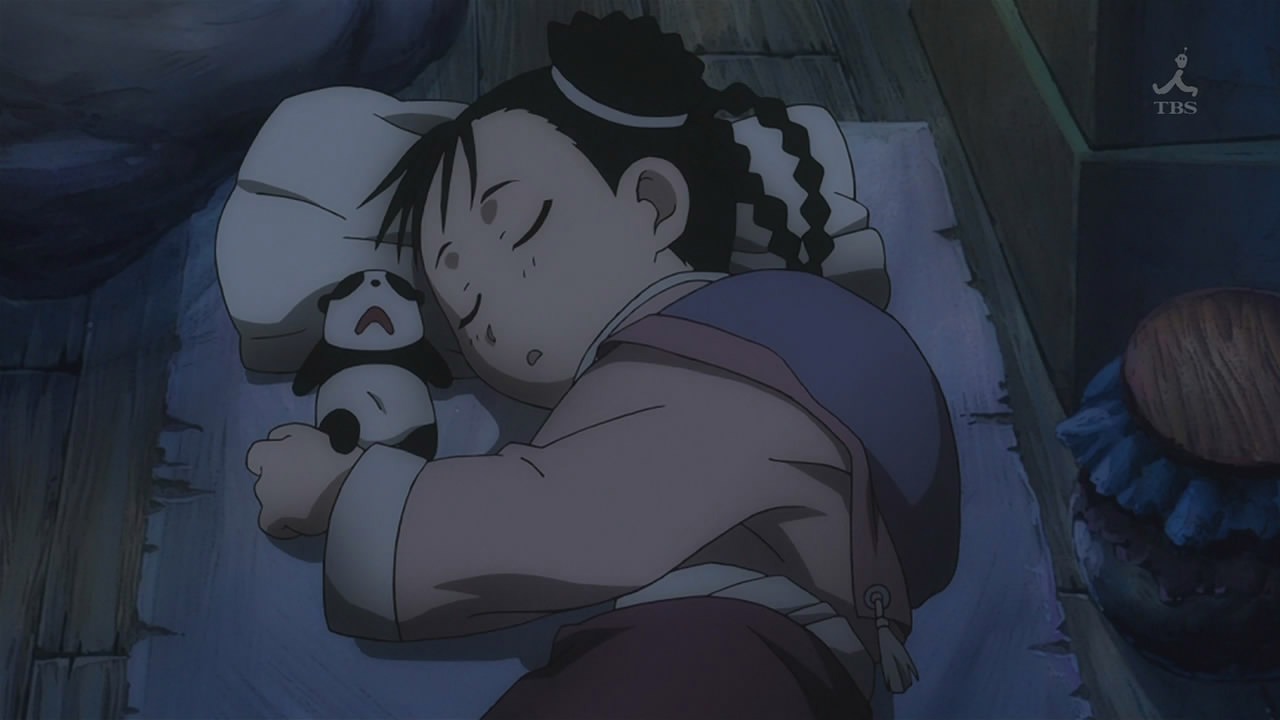
Some of us need less sleep than others, but this changes as you age. I can’t bounce back after an all-nighter like I used to. If you think you are having relationship difficulties, co-worker problems, or other social problems, look at your thought patterns. You could be trapped in the sleep-deprived emotional bias trap. Our inability to see how impaired our mental and emotional health is makes sleep deprivation insidious. Most of us are at the mercy of our school and work schedules. There’s not much you can do as a teen or a biological owl. Going to bed early doesn’t help, and you can only shift your sleep pattern so much.
You can only do what you can to ensure you get the best sleep available. That means changing your environment to work for your sleep needs and reduce causes of anxiety. If you find reading manga before bed helpful, do it! If you like to watch anime, be careful not to watch anything that gets you excited. Action anime might be good to avoid. You also need to be aware of your thought processes. If you focus too much on negative aspects or feel depressed, you need to challenge those habits and look at your sleep pattern as a possible cause.
References
Goldstein-Piekarski, A. N., Greer, S. M., Saletin, J. M., Harvey, A. G., Williams, L. M., & Walker, M. P. (2018). Sex, Sleep Deprivation, and the Anxious Brain. Journal Of Cognitive Neuroscience, 30(4), 565–578.
Goral, T. (2019). Sleep now, learn later: Delayed school start times can have a big impact on student health. District Administration, 55(2), 10–12.
Guarana, C., & Barnes, C. M. (2017). Research: Sleep Deprivation Can Make It Harder to Stay Calm at Work. Harvard Business Review Digital Articles, 2–4.
Hale, L., & Troxel, W. (2018). Embracing the School Start Later Movement: Adolescent Sleep Deprivation as a Public Health and Social Justice Problem. American Journal of Public Health, 108(5), 599–600.
Kristiansen, E. S., Nielsen, L. S., Christensen, S. S., Botvid, S. H. C., Nørgaard Poulsen, J., & Gazerani, P. (2017). Sleep deprivation sensitizes human craniofacial muscles. Somatosensory & Motor Research, 34(2), 116–122.
Pevzner, H. (2019) New Science of Sleep. Psychology Today, 52(3), 48–89.
Vargas, I., Drake, C., & Lopez-Duran, N. (2017). Insomnia Symptom Severity Modulates The Impact of Sleep Deprivation on Attentional Biases to Emotional Information. Cognitive Therapy & Research, 41(6), 842–852.




